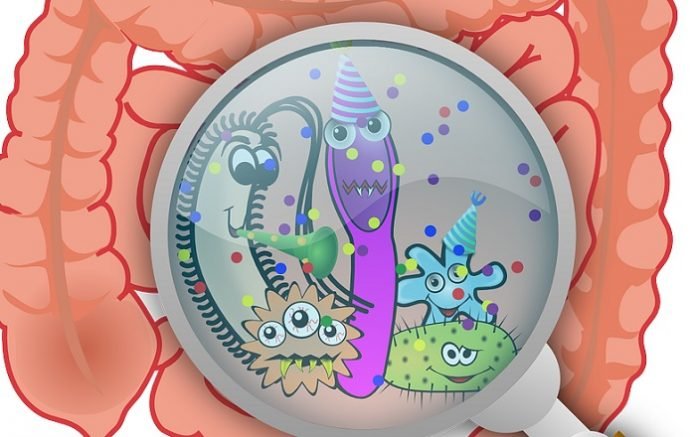
In a recent study, researchers find that a type of gut bacterium is linked to the recurrence of colorectal cancer and poor outcomes.
The research is conducted by Michigan Medicine in China.
The finding shows that Fusobacterium nucleatum in the gut can stop chemotherapy from causing a type of cancer cell death.
Colorectal cancer is the third most common cancer and the second leading cause of cancer-related death worldwide.
Currently, the two most widely used drugs to treat colorectal cancer act to either inhibit enzyme activity of cancer cells or arrest tumor cell growth.
But the gut bacterium can make these treatments ineffective.
The idea to check the role of the bacterium associated with innate immune signaling in chemotherapy resistance was linked to earlier work done by this researcher team.
In the previous research, they studied adaptive immunity, specifically the impact of T cells on chemoresistance.
The team found that adaptive immunity is reversely linked to resistance of cisplatin, the drug used for ovarian cancer.
This means if you have a strong T cell immunity, then the cancer cells are more sensitive to chemotherapy.
In the current study, they examined whether gut bacteria could regulate chemotherapy resistance in colon cancer.
The researchers treated patients with chemotherapy, which ultimately kill tumor cells. But some cancer cells have a way to avoid death caused by chemotherapy.
Those cells escape from the death by activating a cell-survival mechanism called autophagy.
Once autophagy is active, the cancer becomes resistant to chemotherapy.
Then the gut bacteria (Fusobacterium nucleatum) keeps autophagy turned on. That’s how the tumor cells may be able to avoid the death from chemotherapy.
There are still other things that are unknown about this type of gut bacteria.
But the team thinks that dealing with the gut bacteria may help delay and prevent chemo-resistance in colorectal cancer.
Weiping Zou, M.D., Ph.D., professor of surgery at Michigan Medicine, is the leading author of the study.
The research is published in Cell.
Copyright © 2018 Knowridge Science Report. All rights reserved.



